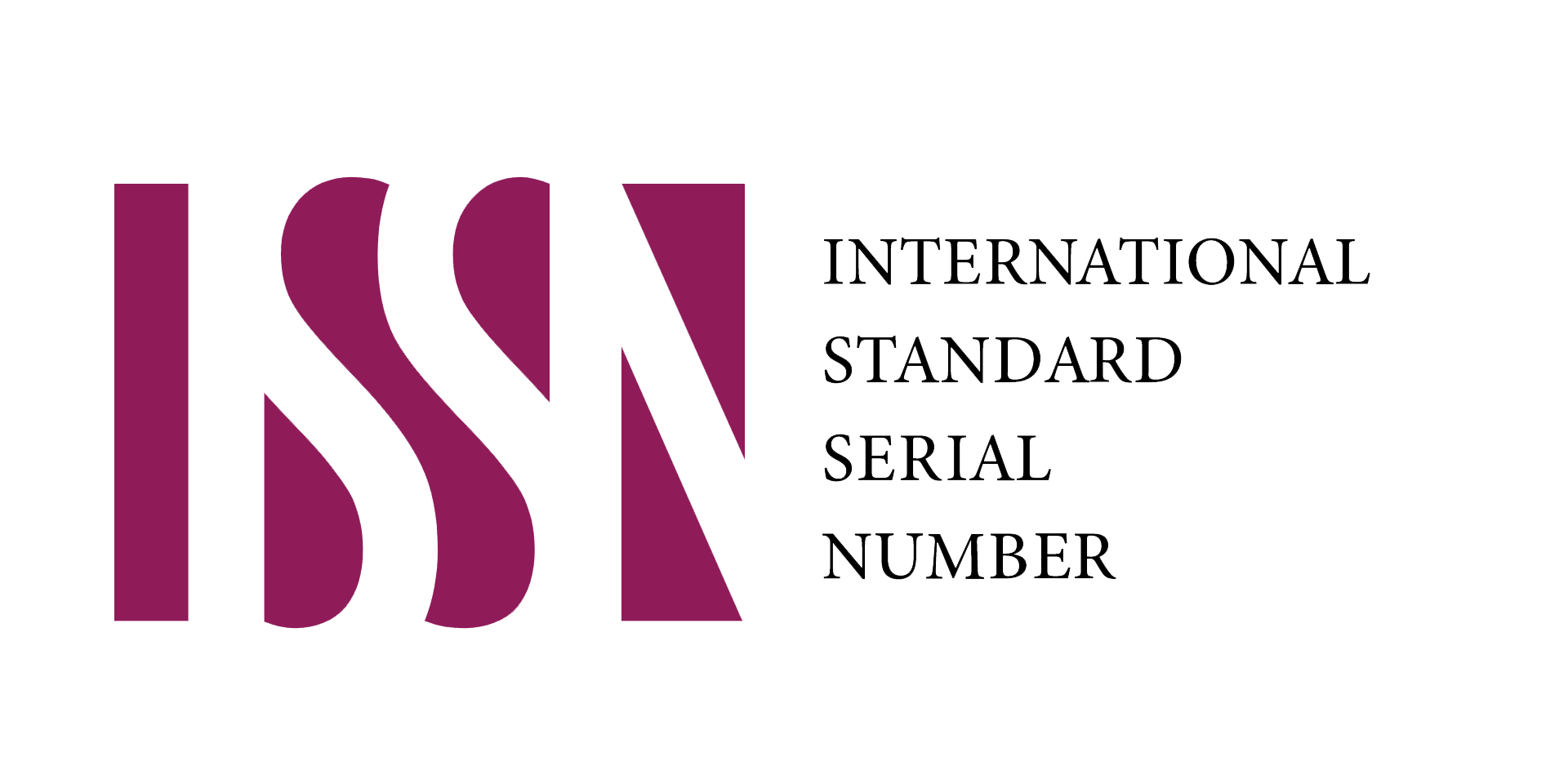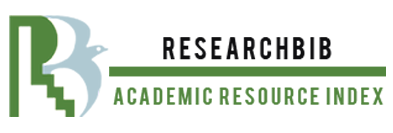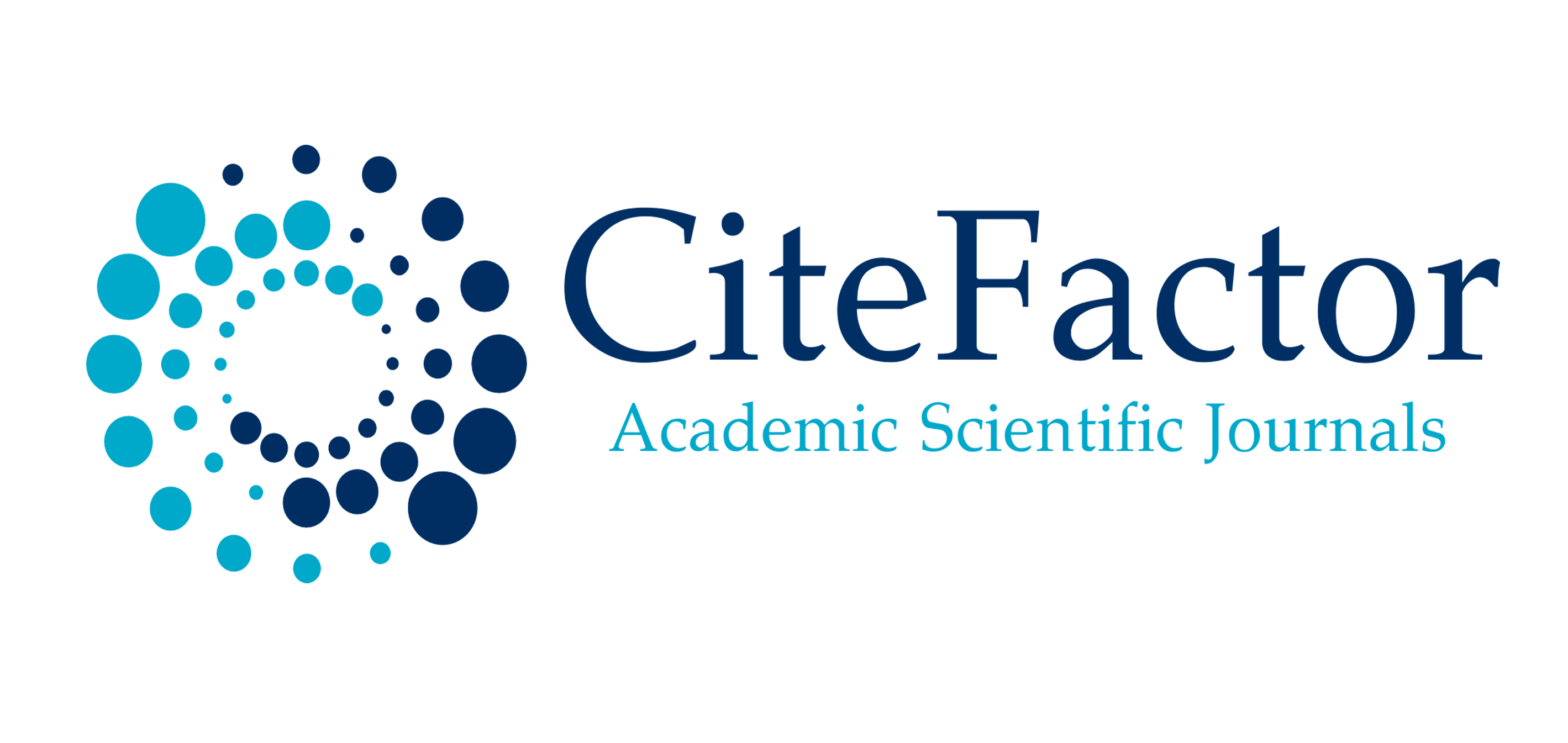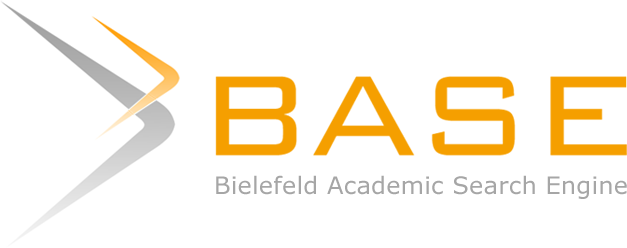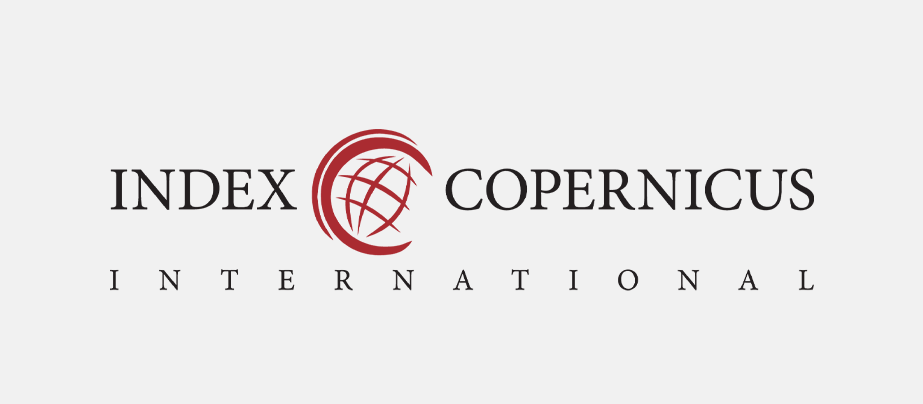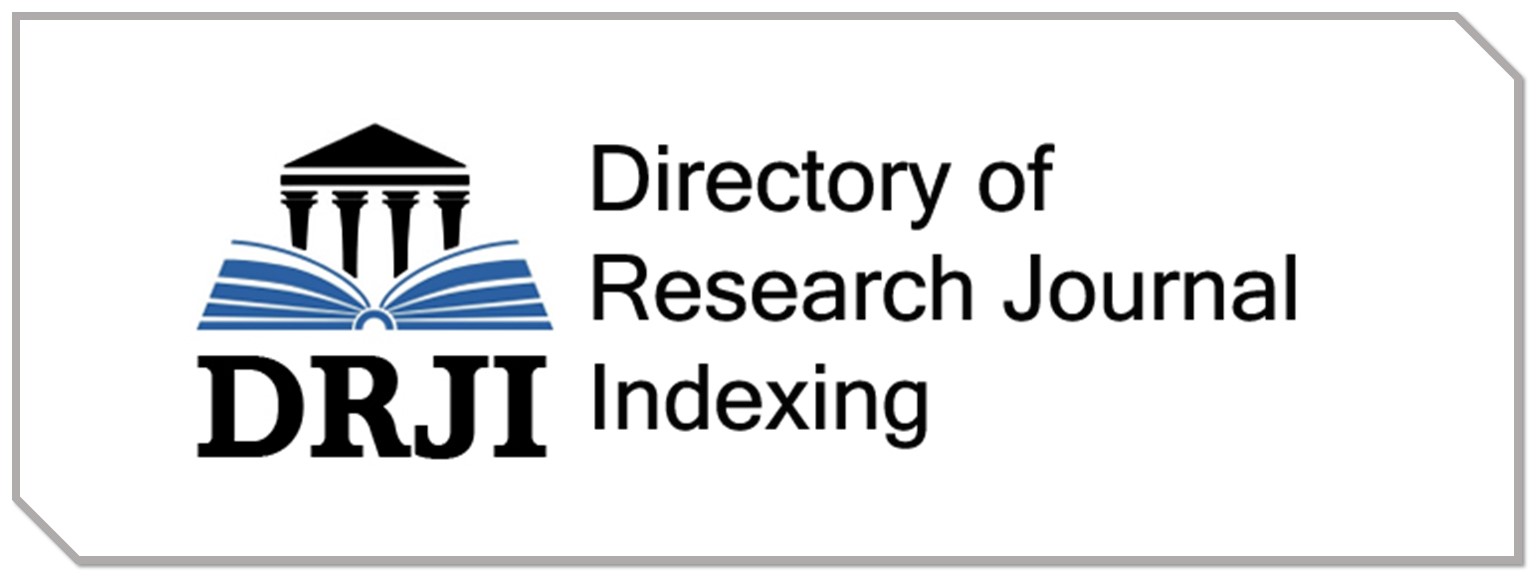ADVANCED THOUGHTS OF UZBEK JADIDS ON SCIENCE AND ENLIGHTENMENT
Keywords:
Uzbek Jadid movement, Educational reform, Scientific knowledge, Enlightenment, Secular education, Mahmud Khoja Behbudi, Abdullah Avloni, Modernization, Critical thinking, Social reform, Women’s education, Cultural renewalAbstract
The Uzbek Jadid movement, flourishing in the late 19th and early 20th centuries, marked a significant intellectual and cultural reform within Central Asia, particularly Uzbekistan. The Jadids, inspired by modernist and reformist ideas, emphasized the critical role of science and enlightenment in societal progress. They advocated for educational reforms, introducing secular subjects alongside traditional religious studies, aiming to cultivate a more scientifically literate and enlightened populace. The Jadids believed that embracing scientific knowledge and rational thought was essential for the socio-economic advancement of their society and for resisting colonial subjugation. Their approach to science was not merely utilitarian but intertwined with a deep commitment to ethical and moral principles, which they considered foundational for true enlightenment. Prominent figures such as Mahmud Khoja Behbudi and Abdullah Avloni were instrumental in disseminating these advanced thoughts through their writings, plays, and the establishment of new-method schools. These schools prioritized critical thinking, empirical observation, and the scientific method, contrasting sharply with the rote learning predominant in traditional madrasas. The Jadid movement’s progressive outlook extended to advocating for women’s education and broader social reforms, reflecting their holistic vision of enlightenment. Despite facing resistance from conservative factions and political repression, the legacy of the Jadids persists in contemporary Uzbekistan’s educational and intellectual spheres. Their advanced thoughts on science and enlightenment remain a testament to their enduring influence and their role in shaping a modern Uzbek identity grounded in knowledge, critical inquiry, and cultural renewal.

